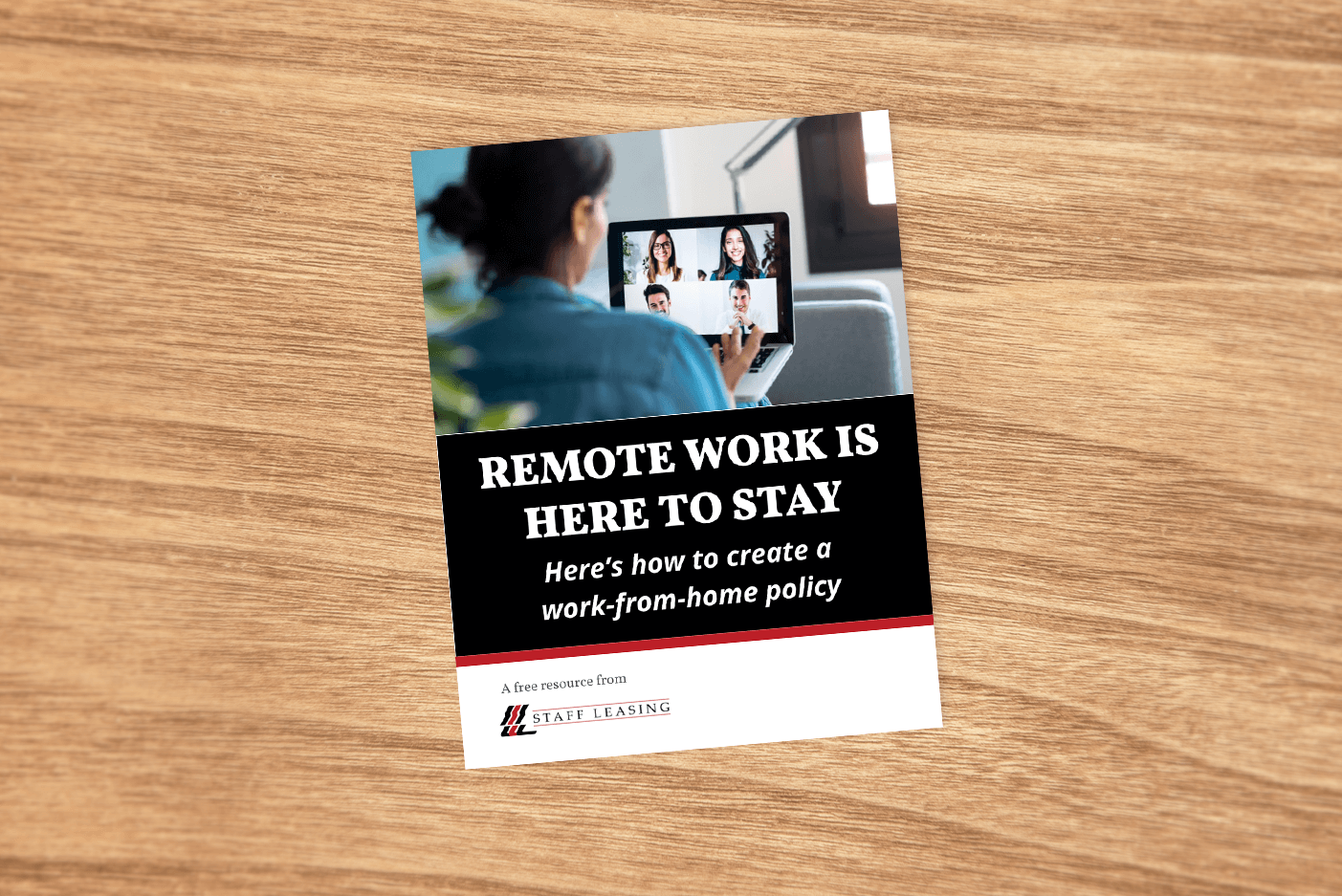In the age of COVID-19, the workplace looks very different for millions of people across the globe. While some regions are slowly returning to offices, a majority are still working remotely. Eventually, however, countries and economies will reopen. While many of the logistics are yet to be determined, one thing is for certain: remote work is here to stay.
Many large companies, including Twitter and Facebook, have committed to allowing employees to work remotely permanently, if they choose to do so. Is this a viable option for your business? Or, should you require that all employees eventually return to the office? Either way, every company should have a remote work policy.
Why every company needs a remote work policy
1. Companies need to be prepared in the case of a crisis
Businesses need to have a game plan for unforeseen situations. From disease outbreaks to natural disasters, remote work could be a necessity for days, months or longer. A remote work policy plays a key role in your crisis communication plan.
2. Job candidates are interested in your policy
A clear plan for transitioning to remote work can be a plus in the eyes of job seekers and current employees. Expect candidates to ask about flexible work options, for their own convenience and as a way to assess how prepared your organization is to shift gears in a crisis.
Candidates want to know that your organization has the capacity to pivot to work from home if necessary. They don’t want to worry about how you’ll handle the next crisis.
3. Employees want more leeway
Many employees have adapted well to working from home. Even when they go back to the office, they may expect more flexibility to use technology to accommodate their personal schedules. Having this flexibility can allow employees to spend more time working (at home) and less time driving. In fact, nearly 43% of full-time American employees say they want to work remotely more often even after the economy has reopened, according to a survey released by business publishing company getAbstract.


